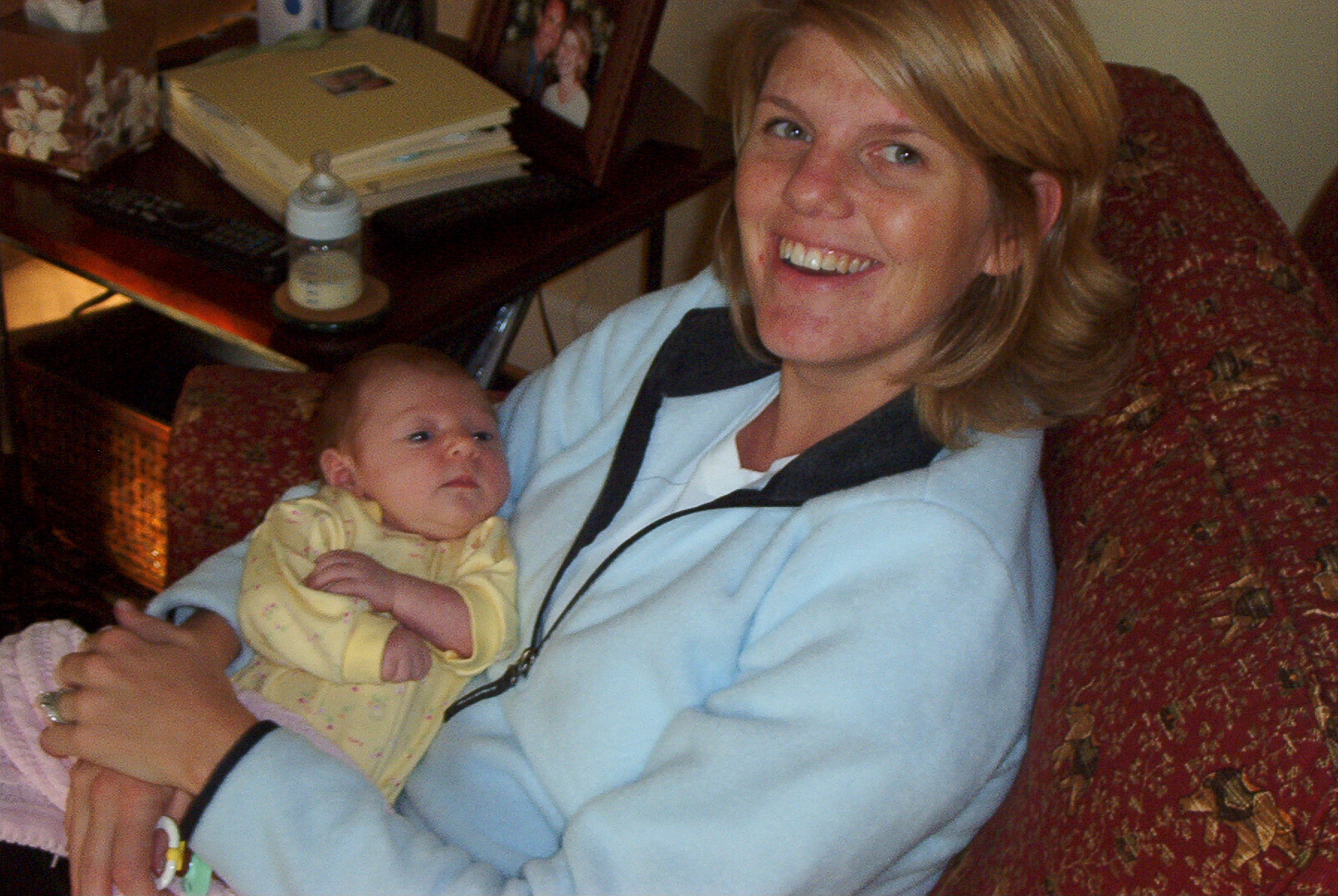By: Susan Ruediger, CEO, CMT Research Foundation
Our lives have changed so much in just eight short weeks. As I’ve spoken with members of our CMT community, the fear and uncertainty we feel as people who are considered “vulnerable” are palatable.
“It takes me twice as long as the average person to grocery shop. Do I want to be exposed for that long?”
“I don’t think my lungs are compromised by CMT, but could they be if I get COVID-19?”
“I find solace in my daily walk, but what about those in our community who can’t walk? How do they get out of their four walls?”
These are just a few of the concerns CMT patients have recently shared with me. As a woman living with CMT myself, being socially isolated has stirred up personal doubts and fears that I didn’t realize I was carrying.
After weeks of being quarantined at home with my family, I’ve watched my extroverted daughter struggle with loneliness as an only child. The pain from not being able to grow our family because of choices we made due to my CMT has resurfaced during this pandemic. As a young girl, I dreamed of having a large family. My husband and I chose to have a child naturally. Thankfully, our 16-year-old daughter Emily was born without CMT. When we later learned about in vitro fertilization and the ability to avoid CMT in future children, we pursued that path for having more children. After several rounds of IVF and many heart-wrenching, failed pregnancies, we finally abandoned the notion of expanding our family. We were heartbroken, but grateful for our beautiful daughter.

Today, as the three of us shelter in place, I can’t help but question the choices we made all those years ago. If I’d chosen a different path, would she have a sister to confide in, or a brother to jump on the trampoline with for hours? Would life be better, even if her sibling had CMT like me?
The fears and frustration so many of us with CMT and our loved ones face every day cannot continue. Period. It’s why I started the CMT Research Foundation, and it’s why research focused on developing treatments for CMT cannot wait until this pandemic is over. Many scientists working on rare diseases are experiencing delays due to COVID-19. Clinical trials that were supposed to start this spring are now on hold, and those currently underway must be redesigned to accommodate travel restrictions and exposure limitations.
The work we’re doing together has never been more critical. Efforts by patient-led groups like the CMT Research Foundation must continue to push urgently-needed research funding forward so CMT drug development isn’t thwarted and labs don’t have to extend timelines by months or years. Our lives and our children’s lives are counting on it.
So, what are we doing about it? Everything it takes.
Progress for CMT Drug Development Continues
Adaptation has been critical during these unprecedented times. So has persistence — the hallmark of our organization and each of you. Together with your support, the CMT Research Foundation has found creative ways to carry forward:
- We are working with our research partners to provide additional funding and support when needed.
- Our partner DTx Pharma reached a new milestone in their gene therapy program for CMT1A.
- AcuraStem started the drug screen for CMT2A on April 1.
- We are starting a new project for CMT1B this month.
Despite this challenging time, we expect to initiate new projects in the coming months to advance treatments for CMT. My belief that we will find treatments and cures for CMT during our lifetime is still greater than ever. Progress in CMT drug development is happening, despite the COVID-19 crisis. That’s because people with CMT and their loved ones are driving it forward.
Thank you for your partnership and support of the CMT Research Foundation and CMT drug development. Please stay home, stay safe and stay well. I look forward to seeing you in person soon.
Get the Latest CMT Research Updates
Do you want to be the first to know about new research and milestones in the quest to find treatments and cures for CMT? Sign up for our email list. Our communications aren’t about sharing hope; they’re about delivering answers to you and your family to end CMT once and for all.
